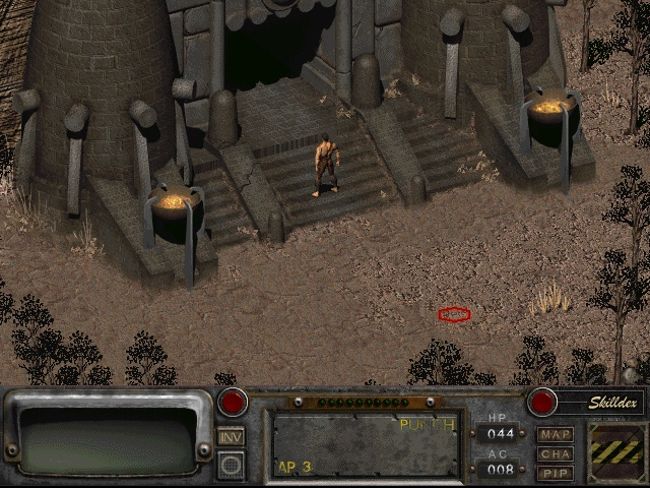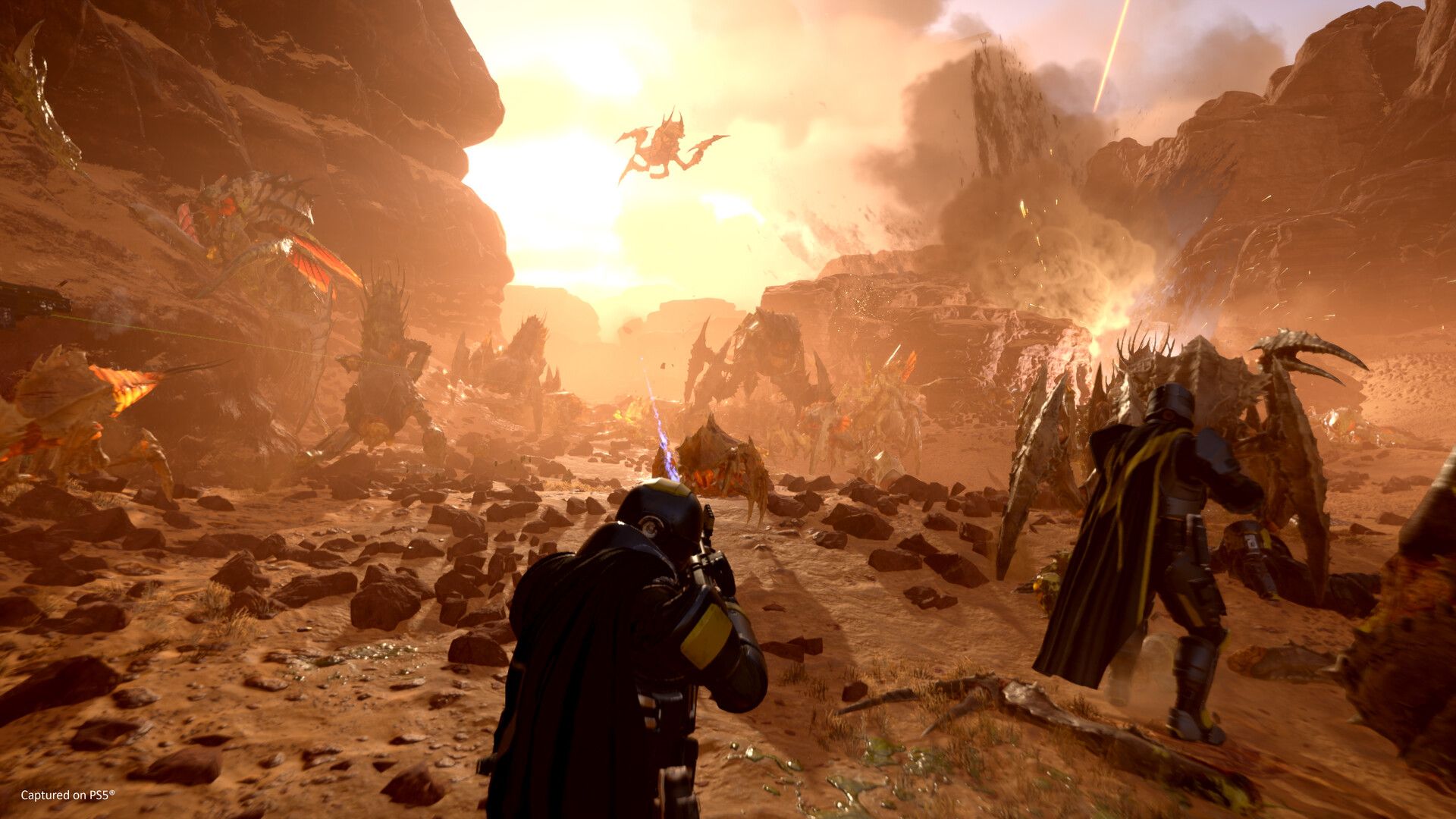
Mastering the Jargon: 10 Essential Video Game Terms Often Misinterpreted

Mastering the Jargon: 10 Essential Video Game Terms Often Misinterpreted
Quick Links
- Walking Simulator
- Simulation
- Isometric
- RPG
- Pay-To-Win
- Microtransaction vs DLC
- Lag Vs Frame Rate
- Downloading (Yes, Really)
- Ray Tracing
- Indie Games
There’s a lot of jargon and a lot of passion in the video game hobby. That’s a recipe for miscommunication, and I’ve been seeing a lot of that as the industry becomes larger and more popular. In particular, some people use these ten terms in odd and often incorrect ways.
Walking Simulator
The term “walking simulator” is a derogatory term gamers came up with for titles like What Remains of Edith Finch, Gone Home, and Firewatch. Since these titles are not actually games, but linear interactive stories, people who are interested in actual gameplay were understandably not impressed. Of course, there’s nothing wrong with an interactive story, and not everything you experience with a controller in your hands has to be a true game, but nonetheless, the term “walking simulator” applies to these non-game, interactive digital experiences.

Death Stranding
Tim Brookes / How-To Geek
Now, however, gamers often use the term “walking simulator” for titles that are true games. For example, Death Stranding is as much a game as Skyrim but because the main game mechanic is traversal and overcoming obstacles and enemies on your route, it’s erroneously dubbed a walking sim. If you’re interested in true walking simulators, our friends over at GameRant have a great list of the best walking simulators that everyone should play .
Simulation
This is a tricky one, because simulation is something that happens on a spectrum. At the most extreme end, you get pure simulators such as Microsoft Flight Simulator which tries to be a serious and true digital reproduction of what flying a plane is really like. Generally, pure simulations like these allow you to learn the real world skills you’d need to actually do the thing in real life.

Microsoft Flight Simulator 2020
Tim Brookes / How-To Geek
However, people in the gaming world throw this word around a little liberally. There’s the tongue-in-cheek stuff like Surgeon Simulator where the joke is that it’s the opposite of a simulator, but then there’s a fuzzy area where some games that have a veneer of realism are referred to as simulators as well. Add to this, that simulation fidelity can vary and games often have very simplified simulations of some things in service of gameplay, and not realism, and it’s easy to apply the term where it doesn’t belong.
Isometric
“Isometric” games use a special 2D projection angle to create the impression of 3D spaces. Many classical CRPGs and tactical strategy games used this perspective before the advent of true 3D graphics. In one way or another, this term has become attached to those genres, even to games with non-isometric viewpoints, such as top-down titles.

Interplay/Bethesda Softworks
The silliest use I’ve seen myself is in reference to _Baldur’s Gate 3,_which is a true 3D game, with a movable camera that can be moved from a top-down perspective all the way down to an over-the-shoulder view. So it’s not isometric in any sense of the word. To be even more pedantic, many “isometric” games from the classic gaming era weren’t isometric either. The first Fallout game, for example, was trimetric.
RPG
Role-Playing Games (RPGs) are a popular genre of game you can find in both tabletop, video game, and live-action formats. Players assume the role of a character in a fictional setting, and then explore that world, making choices, and pursuing quests and goals. These games are built on a game rules framework, such as Dungeons & Dragons or GURPS .

Starfield
Tim Brookes / How-To Geek
In recent years, more and more games outside the RPG genre have adopted elements of these games into their own designs. However, just like bolting wings to your car does not make it a plane, adding XP and item stats to an action adventure game does not make it a true RPG.
Pay-To-Win
Pay-to-win a term used to describe a (usually) free-to-play game that you can beat more easily by simply paying more real money. For example, you can pay to get powerful gear not easily found just by playing, or you can defeat non-paying players more easily by virtue of having spare cash.

Helldivers 2
Arrowhead Game Studios
Whether you approve of “P2W” games or not, the term only applies to games where money can get you a significant advantage over other players. So, for example, it can never apply to a single-player game. Likewise, it can’t apply to a PvE (Player Versus Enemy) game such as Helldivers II because all the players are on the same side and the enemies are non-player characters.
Microtransaction vs DLC
This is a curious one I saw for the first time not too long before writing this. There might be some disagreement on the finer details, but a microtransaction is a small payment you can make over and over again in a game to ge some sort of resource. Such as buying premium currency, or buying lootboxes. DLC (Downloadable content) are digital items you buy once and keep forever. Examples would include new weapons or outfits that are permanently added to your game, or even major game and story expansions.
Lag Vs Frame Rate
I can understand this one, since visually lag and frame rate issues can look similar . However, lag is caused by internet data packets taking too long to make the round trip from your computer to the game servers and back again. This can lead to things freezing, jumping, or even reversing on screen.
Frame rate issues happen for a number of reasons, but they are related to the performance of your computer. For example, if a game scene is too complex, your game may appear to slow down and become choppy. If it’s not caused by a network issue, then your game isn’t “lagging.”
Downloading (Yes, Really)
I hope this isn’t too widespread, but I’ve personally witnessed people refer to installing a game from a disc as “downloading” in a discussion on whether modern consoles can install and play games without an internet connection. They can, by the way.
However, installing something from local media is not “downloading”. That only applies to data that you receive from a server.
Ray Tracing

Cianna Garrison / How-To Geek
“Cyberpunk 2077”
Ray tracing is a graphics rendering technique that simulates how light in the real world interacts with objects. It’s the closest we’ve come to truly photorealistic graphics, but plenty of people can’t tell when something is an example of ray tracing or not. There’s a misconception that any reflections in a game that look realistic means the game has ray tracing, but that’s simply not true. To muddy things even more, ray tracing can be applied selectively to global lights like the sun, to local light, to reflections, and to shadows. For example, many games with ray tracing on current-generation consoles have ray-traced shadows, but not reflections. Yet many players think the reflections are ray-traced. Here’s a tip: ray-traced reflections usually reflect objects that are not currently visible on-screen.
Indie Games
I saved the best for last, since it’s becoming unclear what the actual meaning of “Indie” game is. Traditionally, an indie game is an independent game. This means the studio that developed the game is not owned by a publisher or parent company. There is no creative control or interference from outside the developer, such as financiers or shareholders.
In general, most of these studios don’t have a lot of money or many employees, which means the games have limited production value. Which is why you see a lot of pixel art games. The thing is, many people now think of “indie” as an aesthetic. So there was some confusion when Dave the Diver was nominated for best Indie game when it’s very much not independent. At the same time, most people feel uncomfortable with the idea that AAA titles from independent developers like Larian Studios or Valve Software are “indies.”
Which is just a roundabout way of saying that no one seems to know what an indie game actually is anymore, so we’re all probably using that word wrong!
Also read:
- [New] 2024 Approved Value for Money 4K Video Tools
- [New] In 2024, Incorporating Vimeo Videos Seamlessly in Microsoft Slides
- [New] In 2024, Prime Picks of YouTube's Snackable Shorter Videos (FREE)
- [Updated] Maximizing Your Video Potential Through Smart Co-Stars Selection
- 2024 Approved Unveiling Fake Followers on Instagram, Effortlessly
- Boost Your Twitch Presence with These Critical 5 Features
- Evaluating the Xbox Series S: High-End Tech Meets Miniature Design
- In 2024, Free Sound Effects Galore How to Discover and Use Them in Final Cut Pro for Stunning Videos
- In 2024, How to Unlock Motorola Defy 2 Phone without PIN
- In-Depth Analysis: Kid-Friendly Amazon Fire HD 10'S Superior Protective Features Unveiled
- Navigating Through Tech: Differences and Similarities of iPad Pro & MacBook Pro
- The Art of Lenovo's Video Screen Capture
- The Compact Colossus Unveiled: A Comprehensive Analysis of the iPad Mini 5 From Apple
- Title: Mastering the Jargon: 10 Essential Video Game Terms Often Misinterpreted
- Author: Scott
- Created at : 2024-12-06 04:09:13
- Updated at : 2024-12-11 08:53:46
- Link: https://buynow-info.techidaily.com/mastering-the-jargon-10-essential-video-game-terms-often-misinterpreted/
- License: This work is licensed under CC BY-NC-SA 4.0.